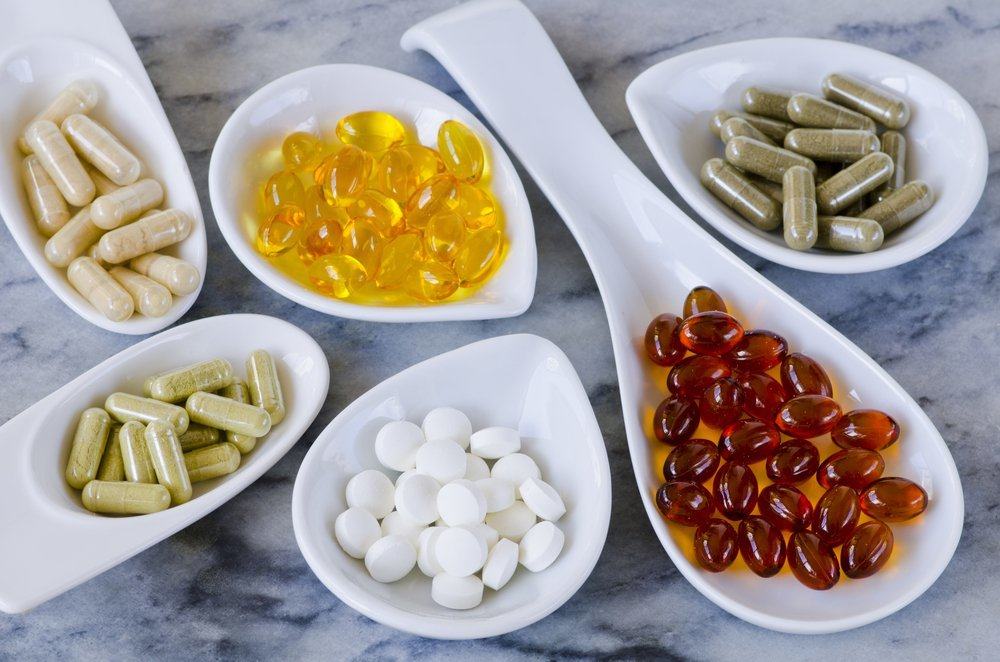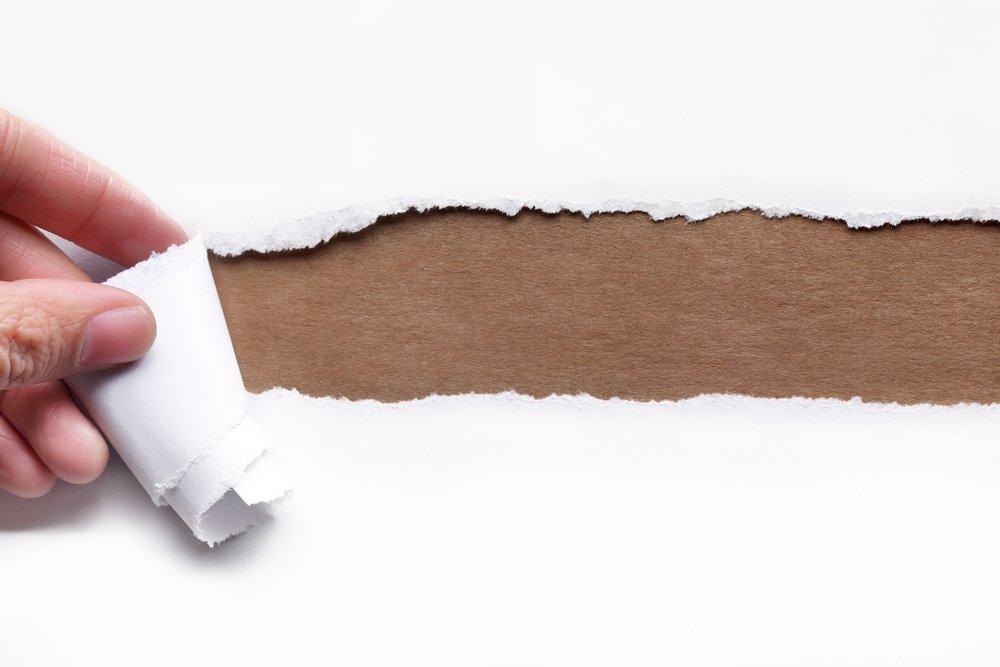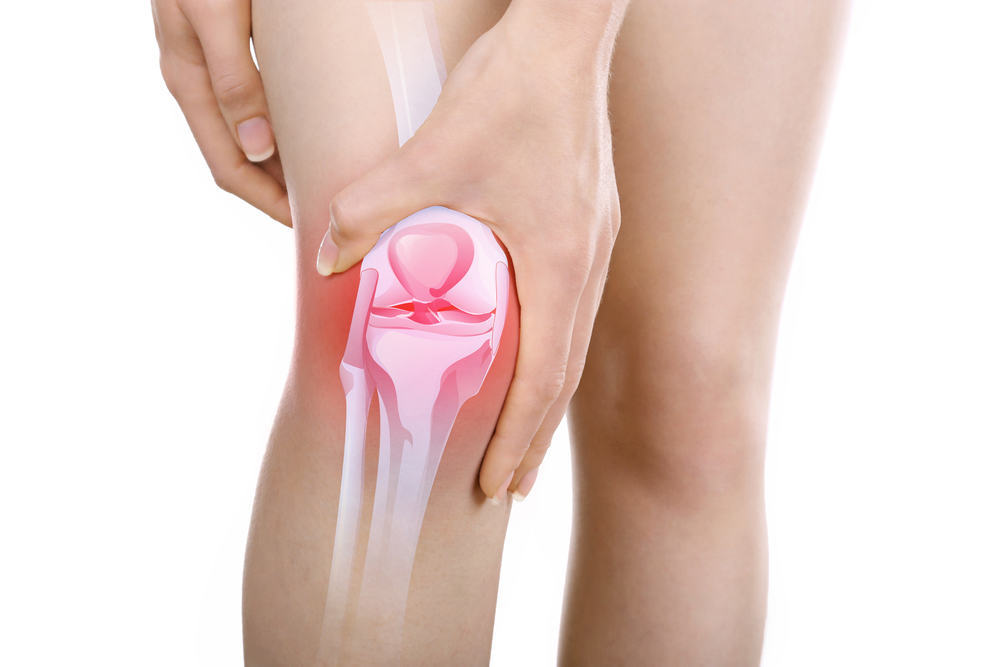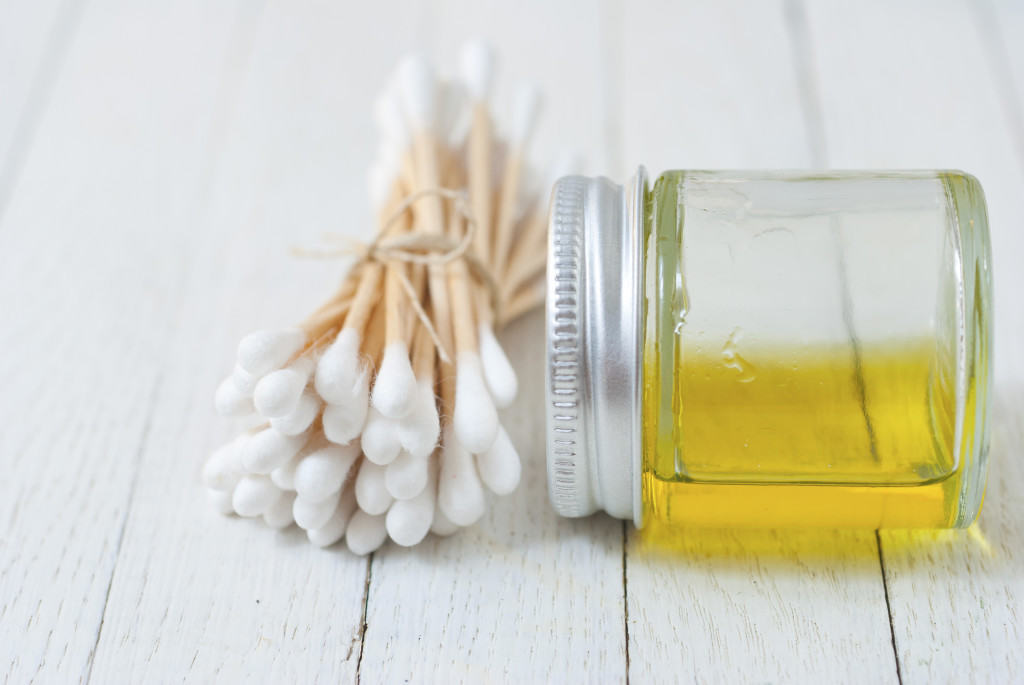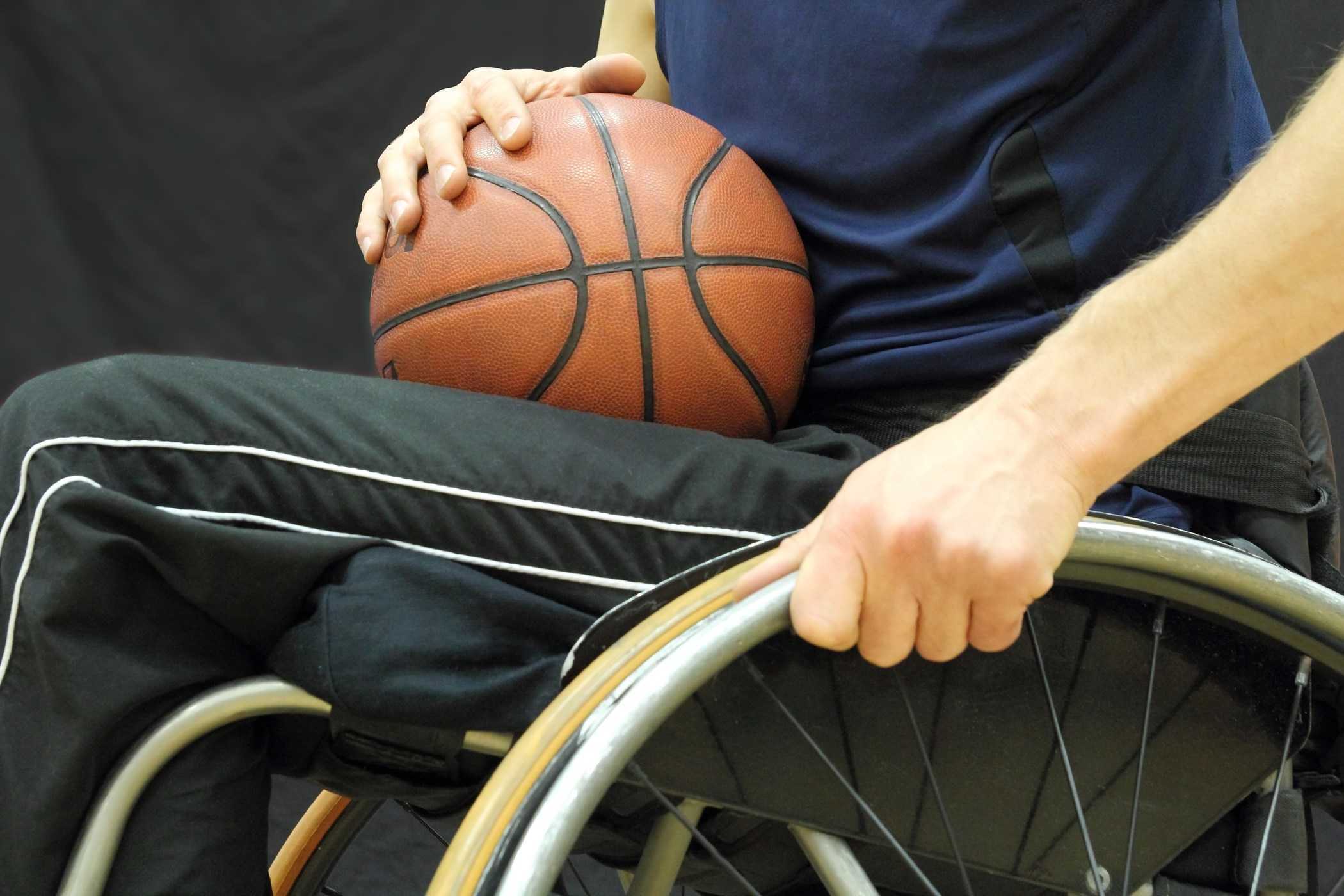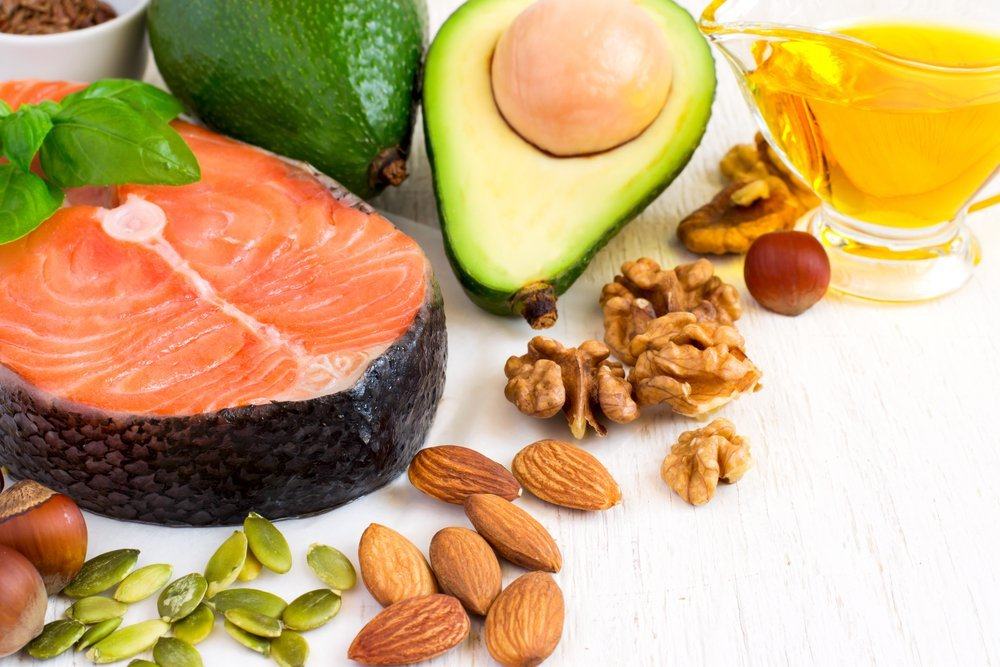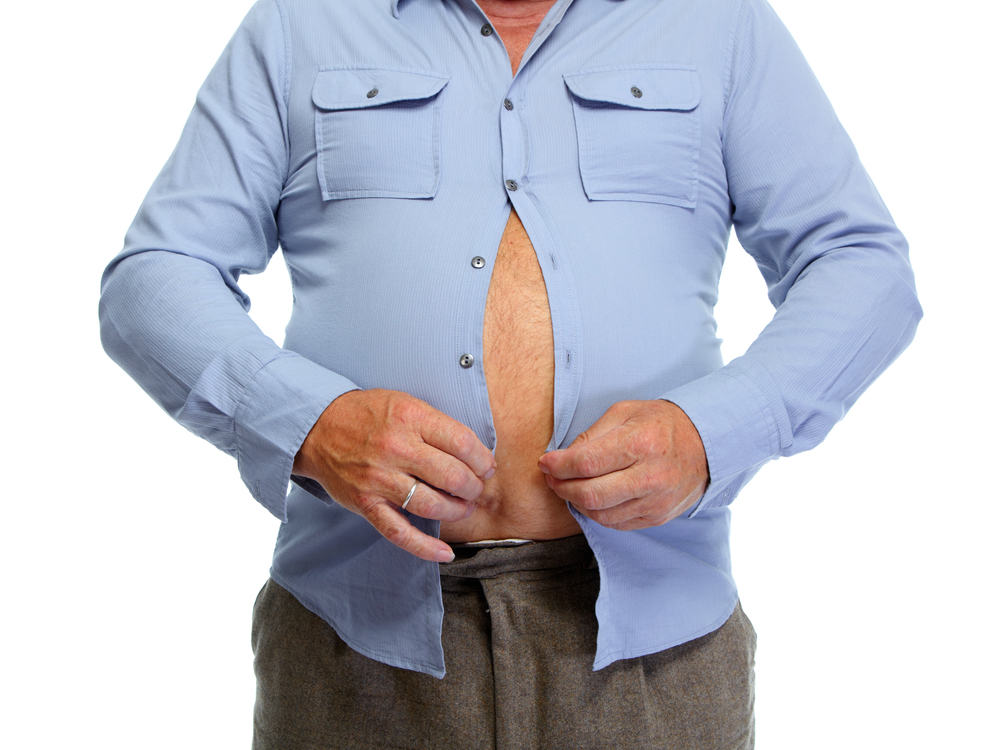Contents:
- Medical Video: Put an End to Adult Acne
- Vitamins for acne: what are the most important?
- 1. Vitamin A
- 2. Zinc
- 3. Vitamin E
- 4. Nicotinamide
- What causes acne?
- All you need to remember about treating vitamins and minerals
Medical Video: Put an End to Adult Acne
Pimples appear on the face is indeed not something fun. The face becomes reddish, not to mention the pain that is sometimes caused. Not infrequently, when we go out of the house we try to disguise inflammation and redness due to acne. At that moment, you want acne to heal quickly because it interferes with your confidence. All treatments have been done to cure acne, but what about vitamins and minerals? Do vitamins and minerals really have benefits to cure acne? What are the vitamins for acne that we need to consume?
Vitamins for acne: what are the most important?
When the amount of vitamin and mineral intake in food is not fulfilled, there will be a deficiency of vitamins and minerals. Vitamin deficiency can produce serious complications, one example is acne. Vitamins are very useful for the function of enzymes, cells, organs, tissues, and systems. By consuming the right vitamins, the use of vitamins such as antioxidants, anti-inflammatories, antibacterials, and anticomedogenic works to fight zits, and reverse biochemical processes. The following are vitamins and minerals that you can consider to help cure acne:
1. Vitamin A
This vitamin is needed to help cure acne, but make sure you take vitamin A properly. Vitamin A taken, also known as retinoid isotretinoin, is used to cure severe inflammation and acne, when other treatments don't work. Besides being beneficial for skin cell replacement, isotretinoin also serves to reduce sebum production. Based on a review published in October 2012 American Family Physician, 40% of participants are people with severe acne. After taking isotretinoin for 20 weeks, they no longer need treatment. While 40% of other participants need treatment that is directly given to the skin, or by taking antibiotics. The remaining 20% require the second stage of administration of isotretinoin.
However, when you decide to take vitamin A supplements, make sure not to consume them excessively. High intake of vitamins can be toxic in the body. You can also get vitamin A given directly to the skin. Retinoids (derivatives of vitamin A) are thought to be an effective treatment for acne because of their ability to regenerate the skin and heal the skin quickly. The disadvantage is that retinoids can weaken the skin's natural defenses against sunlight. So, you should also avoid excessive sun exposure while on this medication.
2. Zinc
Zinc is a mineral that can help cure acne. You can take it as a supplement or treatment that is applied directly to the skin. Zinc is believed to reduce oil production on the skin, and fight bacterial infections and inflammation. This opinion was stated based on a review of the research quoted by the Health Line website. According to The Institute of Medicine, the recommended intake for adults is around 8-11 mg per day. There is evidence that 30 mg is a safe limit to help cure acne, but keep in mind that too high intake of zinc can also be harmful to the body. Some people even complain of pain after consuming zinc excessively. So, just consume enough.
3. Vitamin E
Actually, the relationship between healing acne and vitamin E is not very close, unlike vitamin A. Even so, researchers who publish the topic Clinical and Experimental Dermatology in May 2006, quoted by the Livestrong website, reported that there were 100 people who did not treat their acne having lower levels of vitamin E in their blood compared to people without acne. The relationship between low vitamin E in the blood and the appearance of severe acne does not mean that it can be concluded that the low vitamin E can cause acne. Further research is needed to prove the effectiveness of vitamin E in healing acne. But keep in mind also that vitamin E contains antioxidants that can fight free radicals, so it still has benefits for skin health.
4. Nicotinamide
Nicotinamide is a form of vitamin B3 or niacin. This substance has been used directly to cure acne. A study reported in the Journal of the Turkish Academy of Dermatology in 2008, quoted by the Livestrong website, found that applying a 4% nicotinamide gel within 8 weeks can reduce the level of acne that appears in people who have mild, or moderate acne. One reason for its effectiveness is the anti-inflammatories present in nicotinamide.
What causes acne?
If you have to explain the exact cause of acne, you have to listen to everyone's case, because the causes of each person will vary. In most cases, acne is caused by an increase in androgen hormones. Increasing the hormone can make the oil glands in the face produce a lot of oil. If so, damage to the cell wall in the face can occur, as a result the bacteria will develop. Most cases of acne also originate from genetics, but are also triggered by high levels of certain bacteria (propionibacterium acnes) in the face.
In addition, a study published by the Journal of the Academy of Nutrition and Diatetics found that a high glycemic diet can trigger the spread of acne. The following foods with high glycemic, such as:
- White bread
- White potatoes
- Processed food
- Sugary food
- Rice
- Pizza and other fast food
All you need to remember about treating vitamins and minerals
If you have acne that is quite disturbing, you should immediately consult a doctor and dermatologist. They will observe the cause and carry out treatments that are suitable for you, one of which is the provision of vitamins and minerals to cure acne. Some treatments may involve high-dose vitamins that can be monitored by a doctor. Please note that this treatment may have serious side effects. For example, isotretinoin can increase the risk of miscarriage if taken by pregnant women. So make sure you consult a doctor before deciding to take supplements.
READ ALSO:
- 7 Ways to Use Honey to Treat Acne
- Still Small Is Spotty, How Can It Be?
- All You Need to Know About Stone Acne

